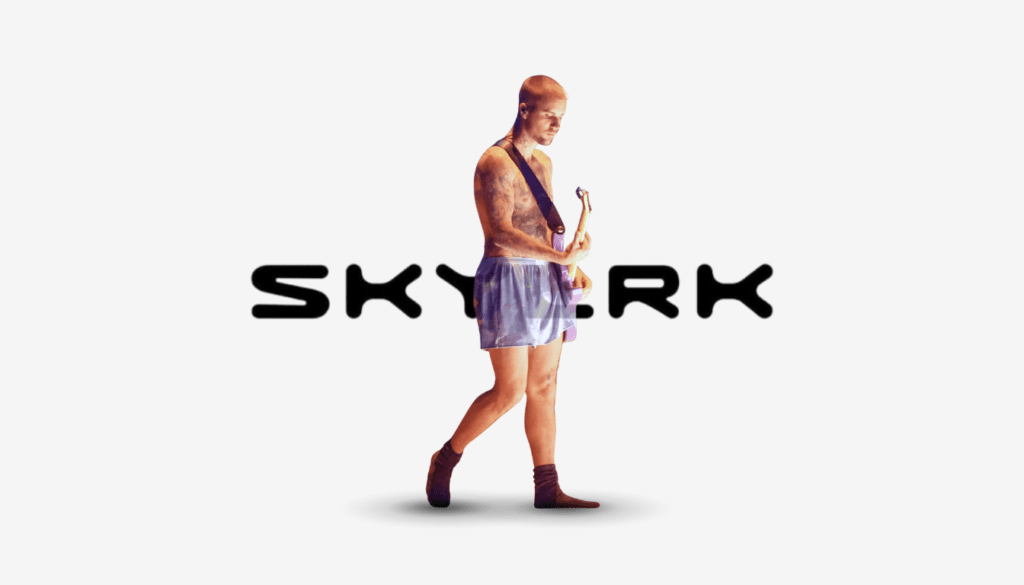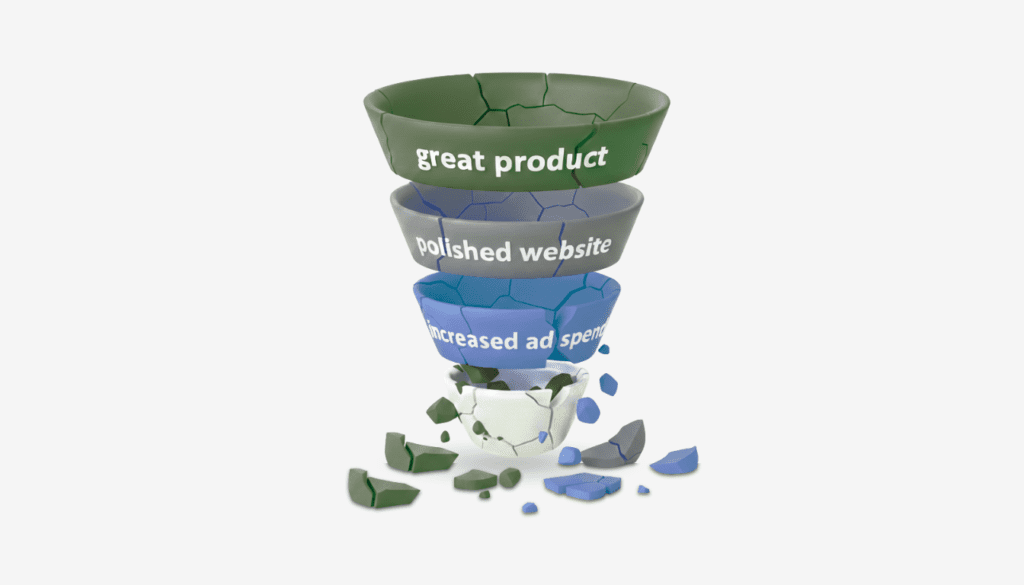The marketing landscape in 2024 demonstrated a transformative shift toward entertainment as a core strategy, with brands striving to captivate audiences through culturally relevant and immersive experiences. This evolution stemmed from recognizing that traditional advertisements often fail to hold attention in a world dominated by short attention spans and endless digital content. From leveraging global events to crafting original moments of engagement, brands redefined how they connected with consumers.
A Year of Cultural Convergence
In 2024, entertainment and marketing converged seamlessly across global cultural events, with the Olympics serving as a prime stage for brands like LVMH to make a mark. The conglomerate’s presence was omnipresent, from medal trays to choreographed opening ceremony sequences. Simultaneously, pop culture phenomena such as Charli XCX’s album “Brat” and the “Wicked” movie inspired campaigns by retailers like H&M and Gap. These collaborations highlighted the power of aligning with artistic and cinematic milestones to amplify brand relevance.
Notably, social media played a pivotal role in fostering brand engagement. For instance, Old Navy’s partnership with comedic creators on TikTok, where humor was used to create escapist content, demonstrated the potential of social platforms. These initiatives, by focusing on lighthearted and relatable experiences, proved that entertainment can sustain consumer interest beyond direct purchases.
Strategic Creativity and Risk-Taking
Strategic creativity and risk-taking were key to some of the year’s most successful campaigns. E.L.F. Cosmetics, for instance, stood out by creating unique cultural moments. The brand’s humor-infused marketing, from parodying true crime in cinemas to launching a heavy-metal-inspired campaign with Liquid Death, positioned E.L.F. as a brand unafraid to experiment. This bold approach reinforced its dominance in the mass beauty market.
However, not all entertainment-driven marketing was rooted in bold risk-taking. Brands also harnessed smaller, niche moments, such as Glossier’s sponsorship of the WNBA or Free People’s collaboration with the Hulu series ‘Tell Me Lies.’ These targeted approaches underscored the importance of staying agile and culturally tuned, reminding us that adaptability is key in the ever-changing marketing landscape.
Challenges in Measuring Impact
While entertainment was pivotal in shaping marketing strategies, measuring its success remained a challenge. Longer-tail activations, such as influencer-led events or culturally driven campaigns, often took time to show a return on investment. Yet, they were instrumental in building brand equity and fostering community. For brands like Quince, blending performance marketing with cultural storytelling was a vital approach to ensuring both short-term sales and long-term resonance.
Looking Ahead: A Playbook for 2025
As marketers reflect on 2024’s entertainment revolution, the takeaway is clear: integrating entertainment into the brand narrative is not merely a trend but a necessity. Success lies in balancing culturally relevant activations with performance-driven strategies, enabling brands to entertain, engage, and convert equally. Looking toward 2025, the challenge will be to scale these efforts while maintaining authenticity, ensuring that the art of storytelling remains at the heart of marketing innovation.









